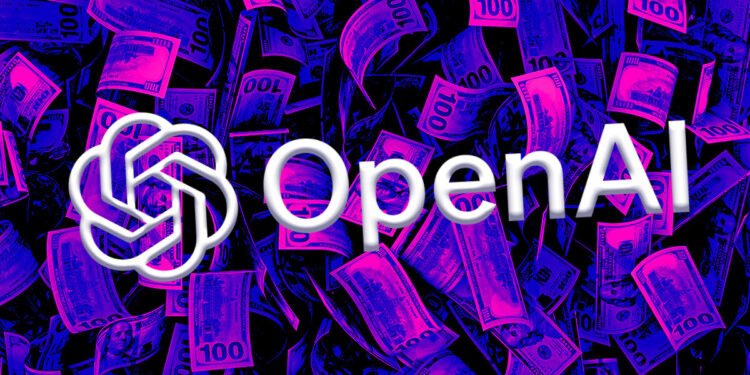Canadian Media Union Takes Legal Action, Accuses OpenAI of Copyright Violations
Overview:
A consortium of Canadian media groups has launched a legal challenge against OpenAI, alleging that the ChatGPT platform has infringed on their copyrighted material without authorization. The case, filed in the Ontario Superior Court of Justice on November 29, emphasizes concerns about copyright infringement and the possible misuse of journalistic content.
Insightful Perspective:
The complainants, comprising prominent media entities like CBC/Radio-Canada, The Toronto Star, and The Globe and Mail, seek damages and an injunction to stop OpenAI from using their content. Their joint statement conveys a pressing emphasis on intellectual property rights in the digital era, stating, “OpenAI is profiting from our content while disregarding copyright regulations and online terms of service.” Legal analysts view this lawsuit as potentially groundbreaking in defining how copyright laws are applied in the ever-evolving AI domain.
Current Market Scenario:
This lawsuit reflects a broader pattern, with multiple legal actions targeting OpenAI and other AI firms regarding the utilization of copyrighted content to train algorithms. OpenAI previously admitted to a UK parliamentary committee that developing their AI systems sans copyrighted material would be unfeasible. The apprehensions are warranted; the struggle between fostering innovation and safeguarding intellectual property has intensified with the growth of AI technologies.
Analyzing the Impact:
The repercussions of this legal dispute go beyond the immediate litigants. A court ruling favoring the Canadian media union could set significant precedents on the legality of employing copyrighted material for AI training. This lawsuit might prompt AI enterprises to review their data handling protocols and potentially lead to stricter regulations on data sourcing. Furthermore, it prompts essential queries about safeguarding the value of journalism, a field serving the public interest, from commercial exploitation.
Wrap-Up:
In essence, the litigation by the Canadian media conglomerates against OpenAI reveals a crucial juncture between technology and copyright statutes. As the legal domain adapts to the expanding influence of AI, cases like this will be pivotal in shaping future norms for equitable content use. The result could profoundly impact the stance on intellectual property rights in the digital era, influencing how AI corporations adhere to legal boundaries and uphold journalism’s core principles.








